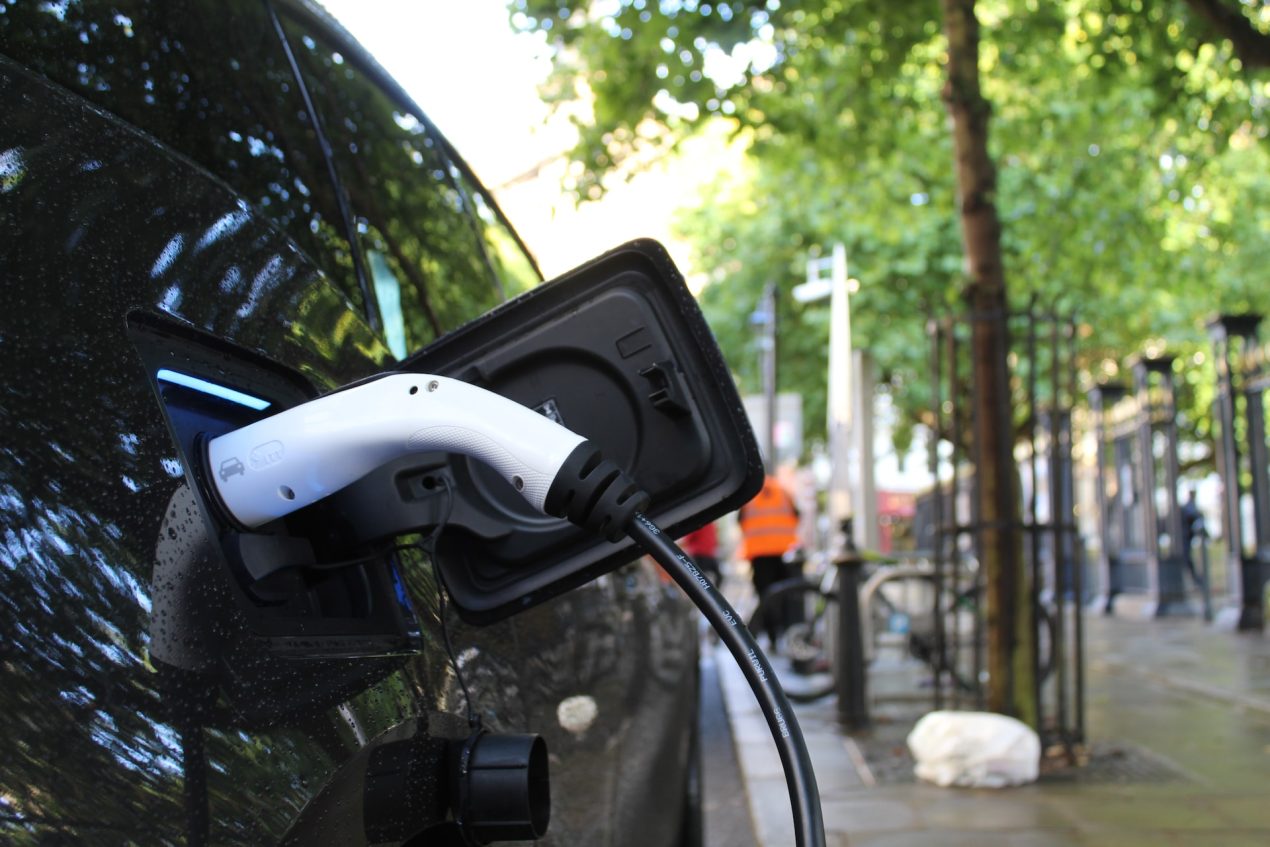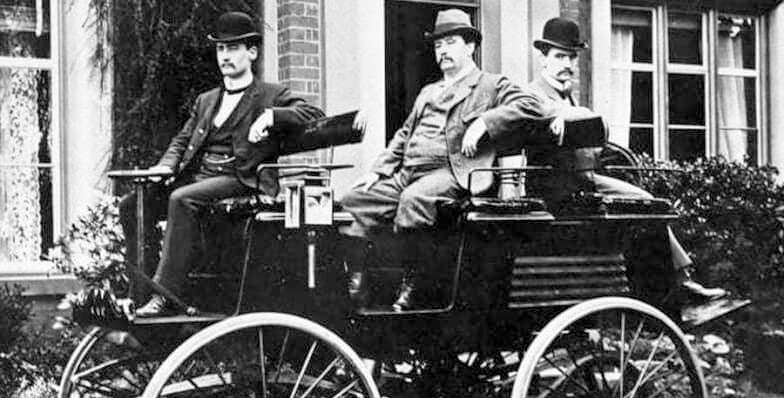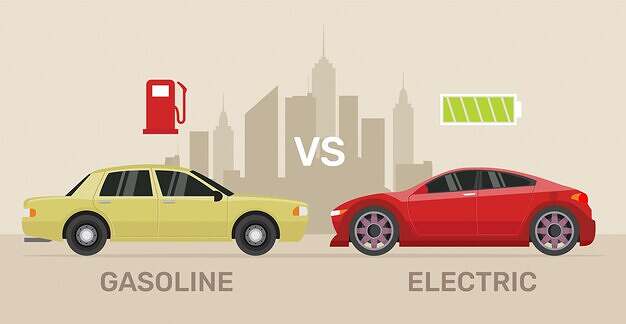
Gasoline-powered SUVs are durable and practical, but they come at the expense of efficiency, and expensive wear and tear over time. These are just some of the reasons why more and more drivers are opting for electric versions.
But what is the difference between an electric SUV and a gas version? Let’s take a look at the pros and cons of each technology.
Electrons as fuel anyone?

Electric SUVs are powered by an electric motor that’s connected to the wheels via a drivetrain. As you’d expect, an electric SUV offers a lot of advantages over its gas-powered counterparts. These include better fuel economy and lower damage to the environment.
However, electric SUVs still aren’t yet a mainstream option and that may cost you a lot in repairs later when the car inevitably gets older – there aren’t enough spare parts available as yet.
What came first? BEVs (Battery Electric Vehicles) versus the Internal Combustion Engines (ICE)

Most people may not know that strangely, electric vehicles existed long before the familiar gas-powered car we know and love/hate today.
Head scratcher right? Yes, it is.
Gas-powered vehicles are the newer tech!
Gas-powered vehicles are the newer tech (relatively anyways, I know the gas companies will love that statement), BEVs have been around since the 1830s. The Scottish inventor Robert Anderson’s motorized carriage was on the roads from 1832 to about 1840 (approximately).
It wasn’t until January 29 1886 when Mercedes Benz creator, Carl Benz officially applied for a patent titled “vehicle-powered by a gas engine” that the ICE engine revolution began.
Why Buy an Electric SUV?

The biggest appeal of electric SUVs is their fuel economy. Electric-only models can achieve up to 400 highway miles per gallon (in equivalent MPG ratings), compared to around 100 mpg for gasoline SUVs.
That means you’ll save money every mile (or kilometer if you prefer) driven in a BEV. And that matters if you have a large family or live in a metro area that has expensive fuel. Since battery storage technology only keeps improving, newer electric SUVs can now travel longer on a single charge.
An electric SUV will also reduce your carbon footprint, fully-electric EVs don’t produce any exhaust fumes. And that means less pollution in the air, which is great for the environment.
However, there are still some lingering issues inherent to BEVs too.
For example, most models are still too expensive versus their Gas-powered counterparts. And they’re also heavier than ICE versions – this will hold back each vehicle’s effective efficiency.
Then comes the anxiety. Range anxiety.
A lot of EV drivers still experience some level of range anxiety. This refers to the fear that you’ll run out of battery during your long trips. You can help relieve some of these fears by taking shorter trips or by planning your outings diligently with available apps in your EV’s dash.
Any good news about Gasoline-Powered SUVs?

Well, Gasoline-powered SUVs are durable and practical, but mainly because they still have the numbers on their side. Today’s current mass transport system is still lopsided in favour of ICE engines – more available parts, more trained mechanics, more traditional gas stations, I could keep going.
Over time BEVs will win out.
It’s their time in the spotlight now, especially with governments across the globe putting more support and incentives to make the switch; primarily to meet Carbon Emissions goals.
However, everyday commuters are responsible for only 16 to 22% of global carbon emissions (depending on which magazine you read). But reducing as much Carbon Dioxide and Methane emissions any way we can, ultimately is a good thing.
Gas prices over time will not get much cheaper than they are now and you may pay more than normal based on where you live.
Is it Worth Buying an Electric SUV over a Gas powered SUV?
The benefits of buying an electric SUV are too great to ignore. With fuel costs on the rise, they’re an affordable way to save money and protect the environment. And if you live in an area with expensive gas, an electric SUV can help you save even more money.
Ok, so we’ve taken a look at the pros and cons of both gas and electric SUVs. Now we can help you decide which one is best for you. There are a few things you should keep in mind before you make your decision. To help you think about the following.
- driving habits (how often do you drive)
- budget
- lifestyle
- safety


